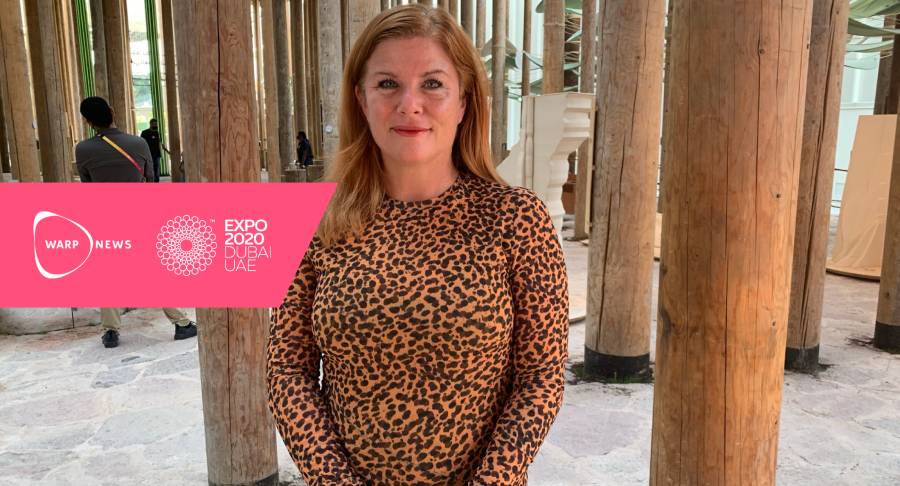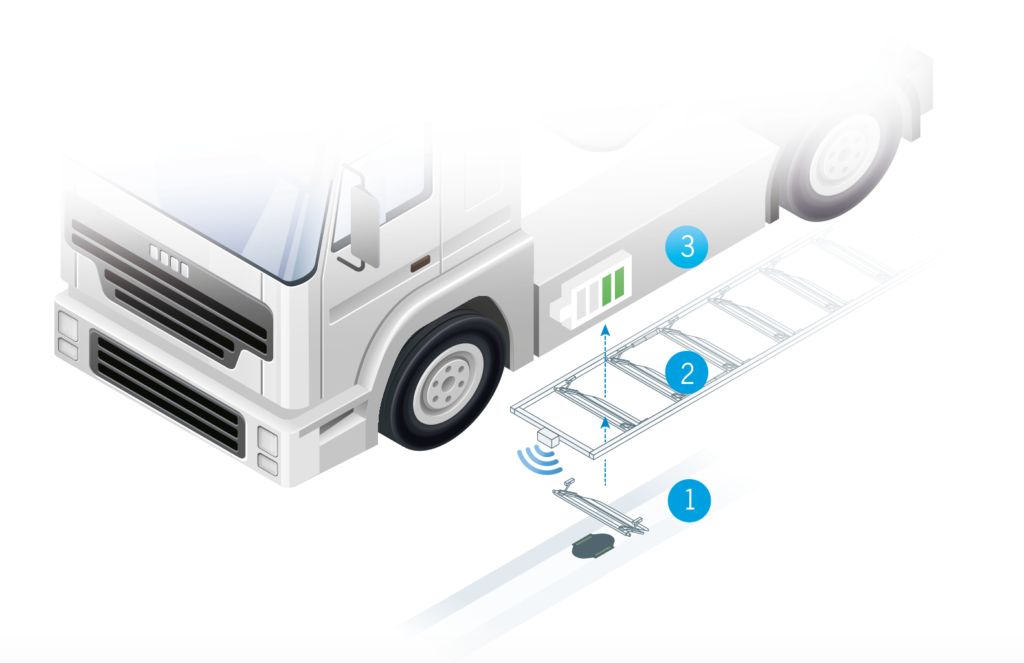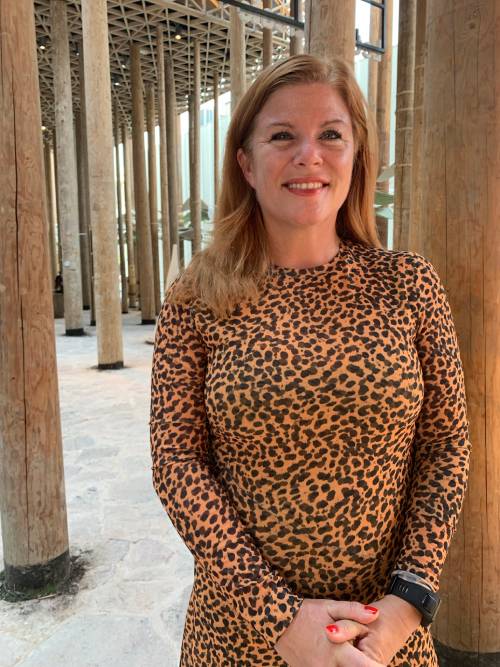
Elonroad (electricity on road) is a Swedish company that builds electric roads, where vehicles are charged directly from the road, resulting in lower requirements for battery size and charging frequency. Warp News met CEO Karin Ebbinghaus at the Expo 2020 world fair in Dubai.
The energy is transferred to the vehicle from a charging rail in the road via an extending receiver under the vehicle. Only short segments of the rail are energized, so the energized part is always covered by the vehicle itself. In front of and behind the vehicle, the power is off, which makes it safe even in an urban environment with many road users. The concept works both when the vehicle is driving and when it is stationary.

Elonroad has received SEK 83 million ($9.5 million) in support from the Swedish Transport Agency for the Evolution Road project in Scania.
What's the smart part of the solution, compared to just batteries?
"On the one hand, you will have to carry quite large heavy batteries. Today, 50 percent of the cost of an electric vehicle comes from the battery, if you can reduce it the vehicles will be cheaper. Plus you can use the same amount of raw material for more vehicles. The costs to build Fast chargers and batteries are significantly higher than expanding a charging infrastructure that is in the road where you charge while driving," says Karin Ebbinghaus.

Only major roads will be rebuilt, where batteries will be charged, leaving them fully charged for use on minor roads.
"It will take time to build roads, but closed systems such as ports or terminals face the problem that they need to electrify now. But today's infrastructure will cause problems, charging the vehicles will take too long. In that case, they will need to swap batteries and have more vehicles. It's a faff, in those cases our solution may be better. "
What is your vision?
"We see that we could be an enabler just as fiber and broadband have been for digitization. You can't have good content if you do not have a good connection. You can not electrify if you do not have a good charge," says Karin Ebbinghaus.




